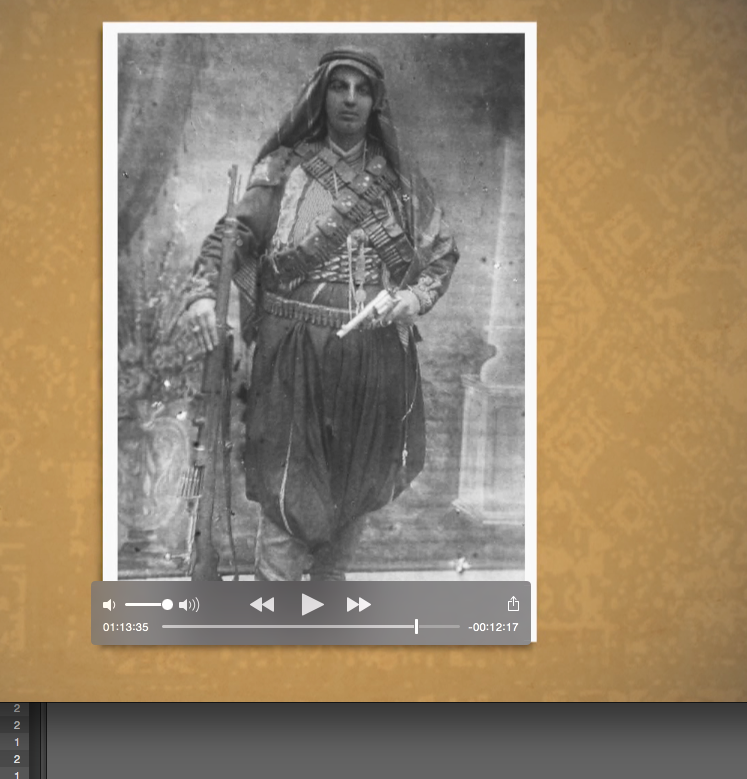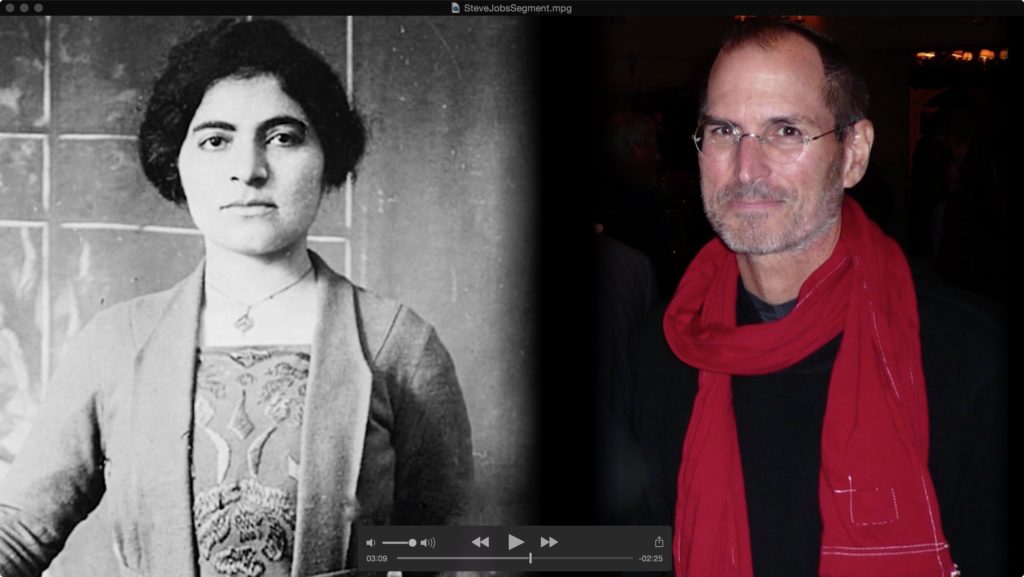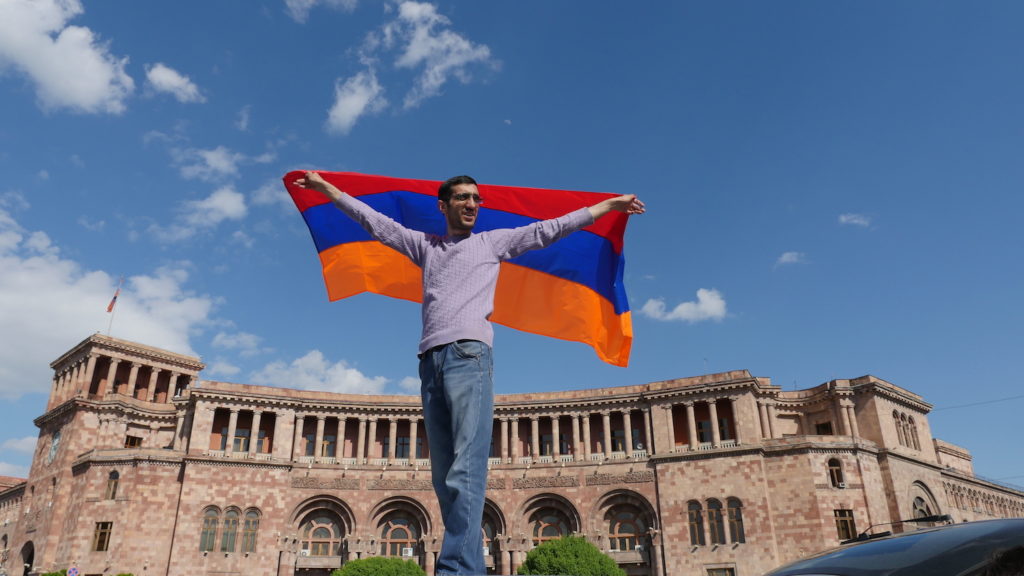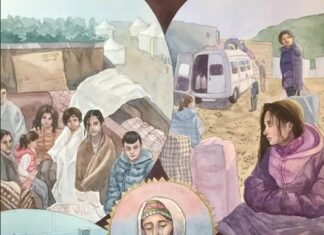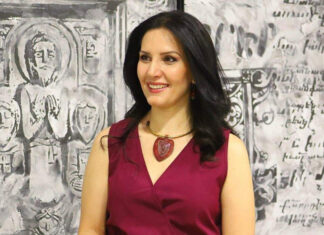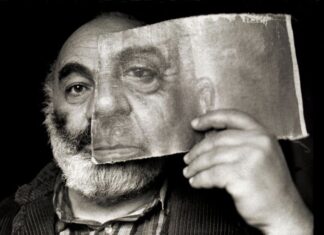LEXINGTON, Mass. — A cultural program on Sunday, September 23, titled “Lights, Camera, Stories!,” diverges from the traditional script of many Armenian gatherings. First, it is a collaboration between two organizations — the Armenian International Women’s Association (AIWA) and the Armenian Women’s Welfare Association — and second, it focuses on the history of Armenian women, celebrating them through the works of filmmaker Bared Maronian.
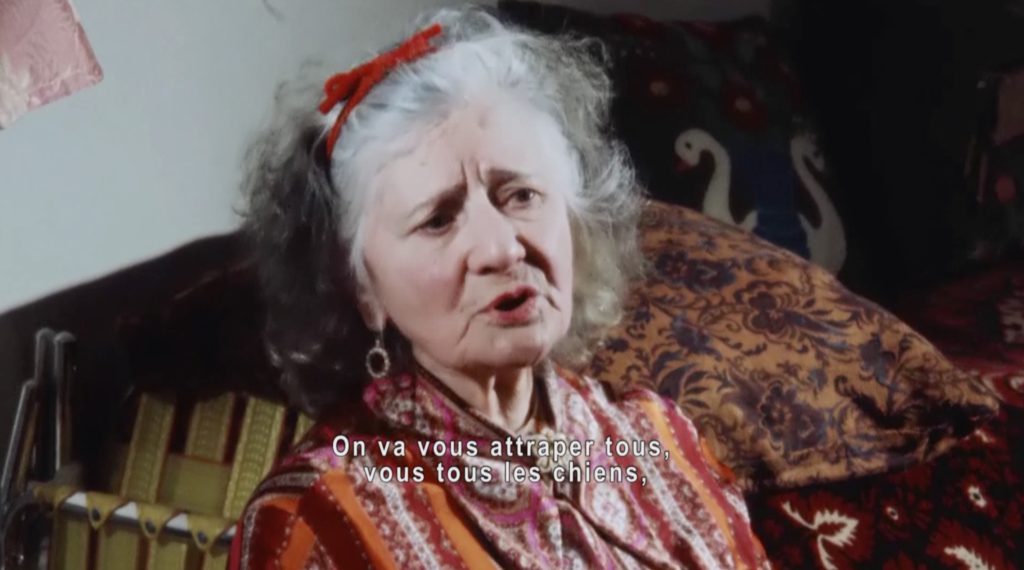
The event, however, is for everyone, Armenian and non-Armenian, and male as well as female.
The award-winning filmmaker will speak about his projects and show an abbreviated version of his documentary, “Women of 1915.” In addition, he will show footage he shot during the Velvet Revolution in April and discuss the Cultural Impact Foundation which he hopes to get off the ground to help him continue to make more documentaries, including the upcoming “Titanic Love.”
The program will take place on Sunday at 5 p.m. at the Scottish Rite Masonic Museum and Library, located at 33 Marrett Road, Lexington.
Proceeds will benefit programs in Armenia and Artsakh sponsored by the host organizations, the Hanganak NGO Clinic Elderly Project in Stepanakert, Artsakh, and the Women’s Support Center in Yerevan.
Organizing committee chair, Nicole Babikian Hajjar, said: “Through this collaborative effort, we also hope to raise awareness about Bared Maronian’s important work and upcoming projects in partnership with Cultural Impact Foundation, a non-profit organization that commissions and supports unique cultural projects that can improve our understanding of historical events by revealing acts of human kindness and heroism in the face of adversity.”
